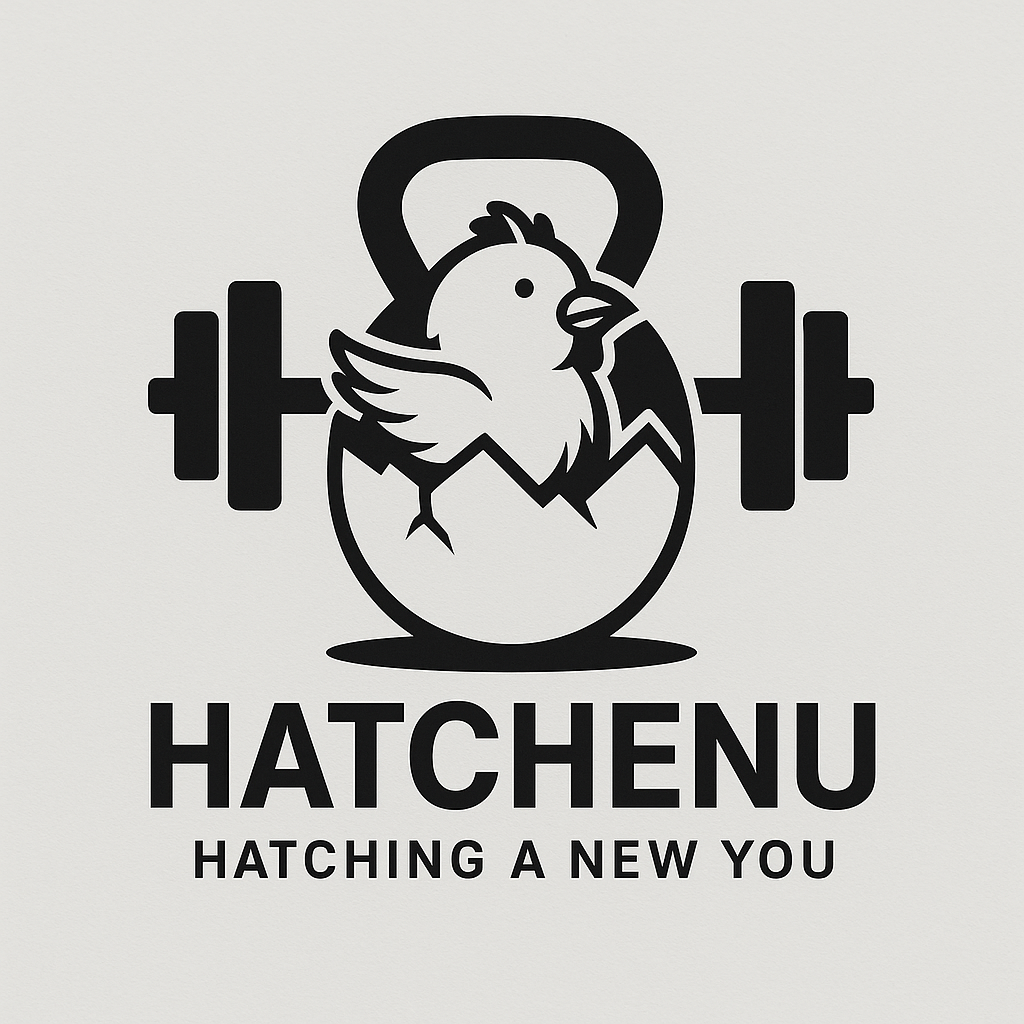Listening To Your Body Why Overdoing It Can Cost You More Than You Think
We’re all guilty of it at some point — pushing ourselves a little too hard, convincing ourselves we can take on just one more task, one more practice. Whether it’s work, sports, social life, or personal goals, modern culture has made “grinding” feel like the norm. But as much as we like to think we’re unstoppable, the body always keeps score. And one of the most important skills we can learn is how to listen before it’s too late.
People often overdo it without even realizing they’re doing so. For many of us, it’s driven by expectations — the pressure to perform. We’re conditioned to think that rest is a luxury instead of a necessity. But the human body has limits, and when we ignore them, those limits show up in ways we can’t escape.
Science backs this up. When we push ourselves too long without a break, stress hormones like cortisol rise. Over time, elevated cortisol affects sleep, mood, immunity, and even our ability to think clearly. It’s no coincidence that people under chronic stress struggle with focus, feel easily overwhelmed, or get sick more often. And athletes face their own version: overtraining syndrome, when performance drops because the body simply can’t keep up.
The signs of overdoing it aren’t always obvious at first. They often start small — a headache here, trouble sleeping there, or constant tiredness that doesn’t go away even after a full night’s rest. Other times it’s physical, like muscle soreness lingering far longer than it should or feeling drained after tasks that used to be easy. And for many people, one of the clearest indicators is a sudden loss of motivation. When things you normally enjoy start feeling like chores, that’s your body and mind waving a red flag.
Listening to those signals matters more than most people realize. Ignoring them allows small issues to turn into bigger problems. Minor fatigue can turn into chronic exhaustion. A tiny injury can escalate into something that requires weeks or months of recovery. Occasional stress can snowball into full-blown burnout. What starts as pushing yourself “just a little more” can end up taking you completely off the field — physically, mentally, or both.
The good news is that learning to listen to your body doesn’t mean giving up on your goals. It means supporting them. Rest is not the opposite of progress; it’s the fuel that makes progress possible. Taking breaks, scheduling rest days, getting enough sleep, and paying attention to recurring symptoms are all part of taking your performance, health, and well-being seriously. Stress-reducing habits like deep breathing, journaling, light stretching, or even a few minutes of mindfulness can reset your system more than most people realize.
At the end of the day, your body is your most honest coach. It won’t lie to you, and it won’t let you fake your way through exhaustion forever. Strength isn’t found in ignoring the signs — it’s found in respecting them. When you learn to listen early, you protect your long-term health, improve your performance, and create a life with fewer setbacks and more sustainable success. Because pushing yourself can be powerful, but pushing with awareness is what truly builds resilience.

